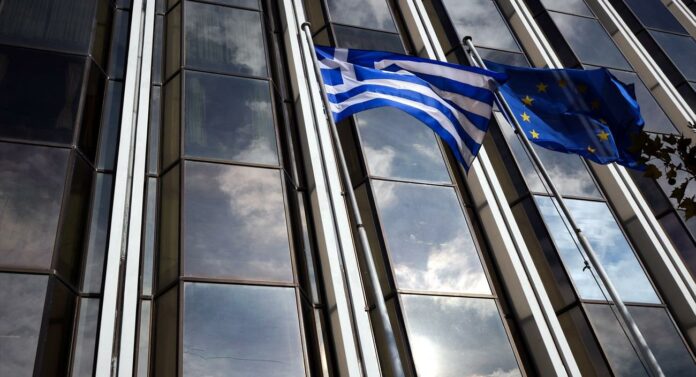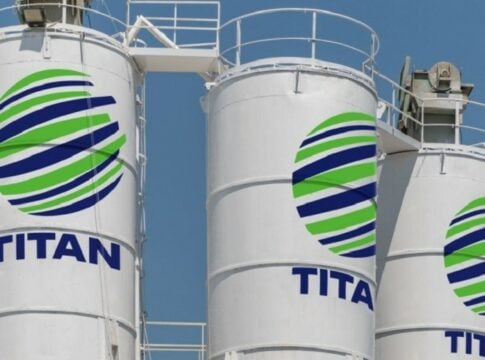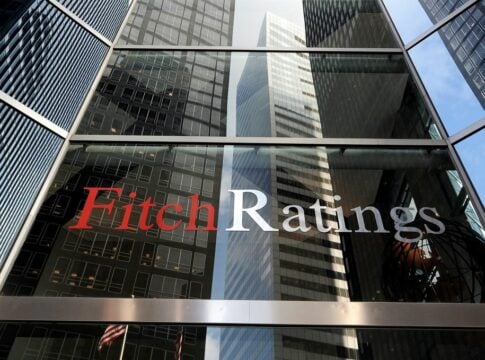Fitch has recently downgraded the US credit rating triggering concerns over the economic support measures worldwide and the issue of “public debt”.
Meanwhile, in Europe, both the European Central Bank and the European Commission insist on the need to withdraw support measures now, so that European economies can return to the path of improved fiscal performance, but also policies to increase debt sustainability.
With bond yields rising due to interest rate hikes, and central banks pushing for fiscal tightening to strengthen anti-inflation policies, the Greek government is implementing all the policies needed to stay “out of the picture”.
The Scope report
While a rating report is also being published today (i.e. August 4) by the German company Scope – so it is quite possible that we will have the second recovery of investment grade in the same week by a rating company that is not yet recognized by the ECB – the government`s commitment to produce high primary surpluses again this year and next year will be “communicated” again in the markets together with a series of measures to continuously reduce the debt-to-GDP ratio.
If the goal of recovering the investment grade is achieved by September 2023 by the major rating agencies recognized by the ECB – Fitch, S&P and later Moody’s, as the latter has placed Greece three grades below the investment grade- the Public Debt Management Agency (PDMA) will be able to move more aggressively in the direction of reducing the ratio of debt to GDP in 2024.
Greece aims to cease being the country with the highest ratio of debt to GDP in the eurozone even as early as 2025.














